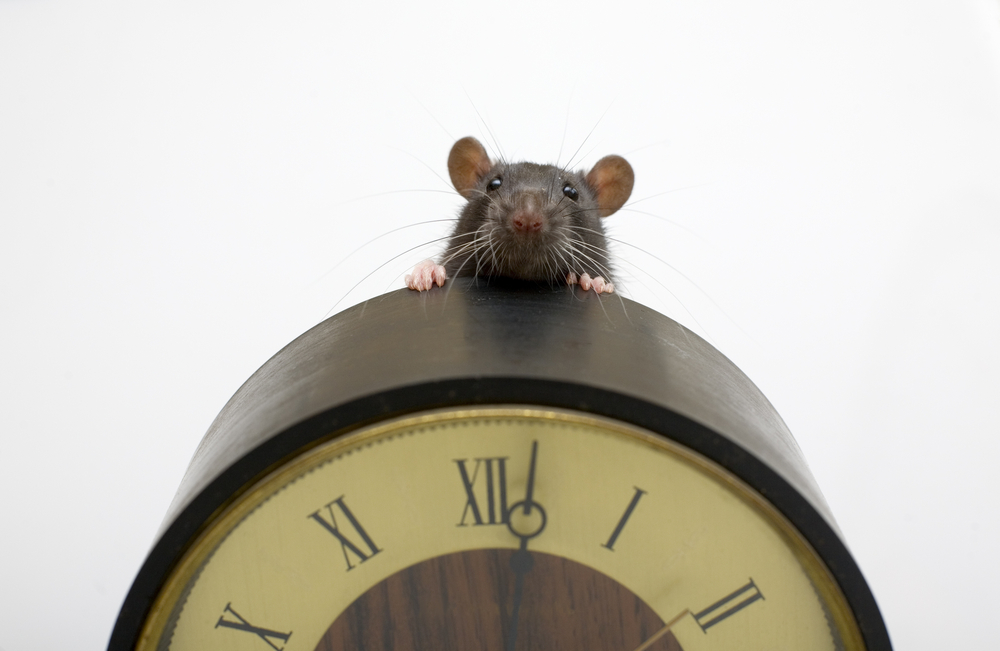Bad Timing: Biological Clock Linked to Infections

There are plenty of old wives' tales about what gets you sick — the myth about going out in the cold, for example — but new research in mice suggests that the time of day at which an infection starts up could play a role in how sick you get.
Researchers found that, in mice that were infected with a virus in the morning, the virus replicated within the cells of those mice much more than it did in the mice that were infected with the same virus later in the day. (Viruses spread through the body after they replicate within cells.)
The difference may be due to the mice's circadian rhythm, or biological clock, according to the study published today (Aug. 15) in the journal Proceedings of the National Academy of Sciences. In addition to influencing when we go to sleep and wake up, circadian rhythm helps regulate some aspects of the immune system, the researchers wrote. [10 Things You Didn't Know About the Brain]
Because the study was in mice, not humans, it's not clear if the results also apply to humans.
Indeed, the immune system undergoes repair during the resting phase of the circadian rhythm, and is "primed for pathogen attack at the onset of the active phase," according to the study.
In the experiment, the researchers infected normal mice with the herpes virus, and then measured the virus's replication in the cells of the animals. The mice were on a 24-hour schedule, with 12 hours of daylight and 12 of darkness.
They found that the viral replication was 10 times greater in the mice that were infected with the virus at "sunrise" than in those that were infected 10 hours into the day. (In mice, which are nocturnal, sunrise is when they begin their resting phase.) Ten hours into the day marks the start of their active phase, according to the study.
Sign up for the Live Science daily newsletter now
Get the world’s most fascinating discoveries delivered straight to your inbox.
When the researchers repeated the experiment with mice that were engineered to lack a gene linked to their circadian rhythm, they found that viral replication was high no matter what time of day the mice were infected.
The researchers also did an experiment using mouse cell cultures in the lab. In addition to observing greater viral replication in cells that lacked a circadian rhythm, the researchers found that the herpes virus was able to alter the cell's biological clock mechanism, making the cells more vulnerable to infection. Previous research has shown that other types of pathogens, such as the parasite that causes malaria, have been shown to synchronize their replication cycle with the cells' biological clocks, according to the study.
"The time of day of infection can have a major influence on how susceptible we are to the disease, or on the viral replication, meaning that infection at the wrong time of day could cause a much more severe acute infection," Akhilesh Reddy, a neuroscientist at the University of Cambridge in England and the senior author of the study, said in a statement.
In addition, the findings may help explain why certain types of people, such as shift workers, are particularly vulnerable to infections, according to the study.
Originally published on Live Science.

Measles has long-term health consequences for kids. Vaccines can prevent all of them.
100% fatal brain disease strikes 3 people in Oregon










